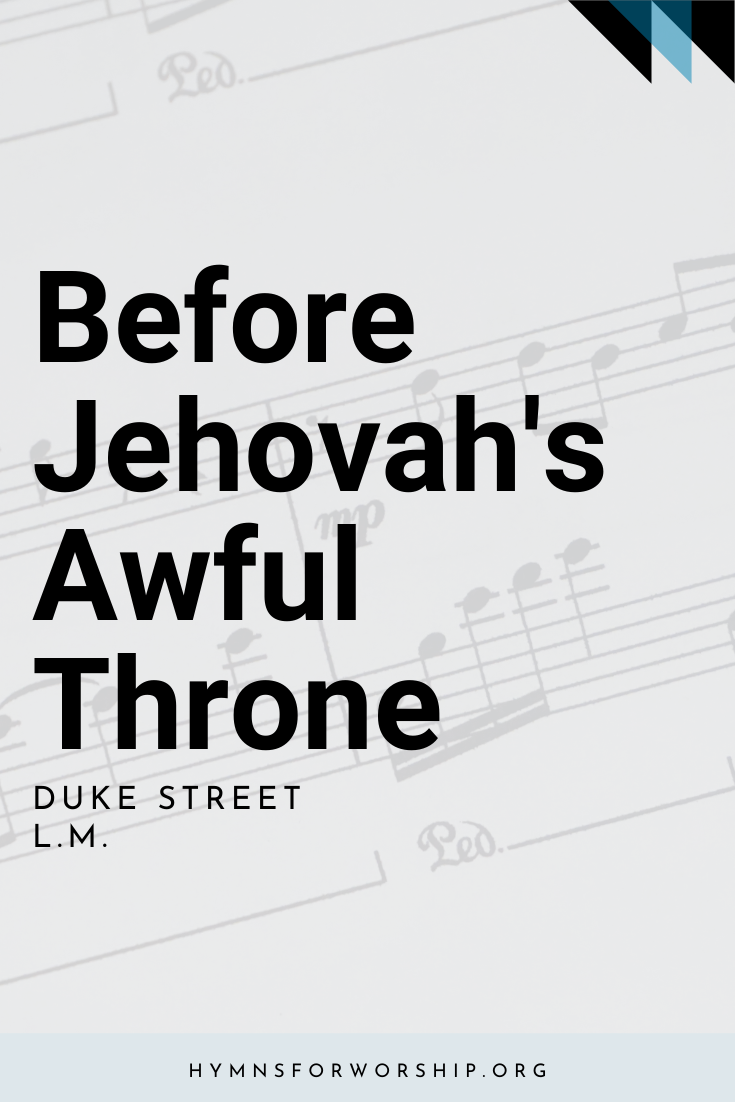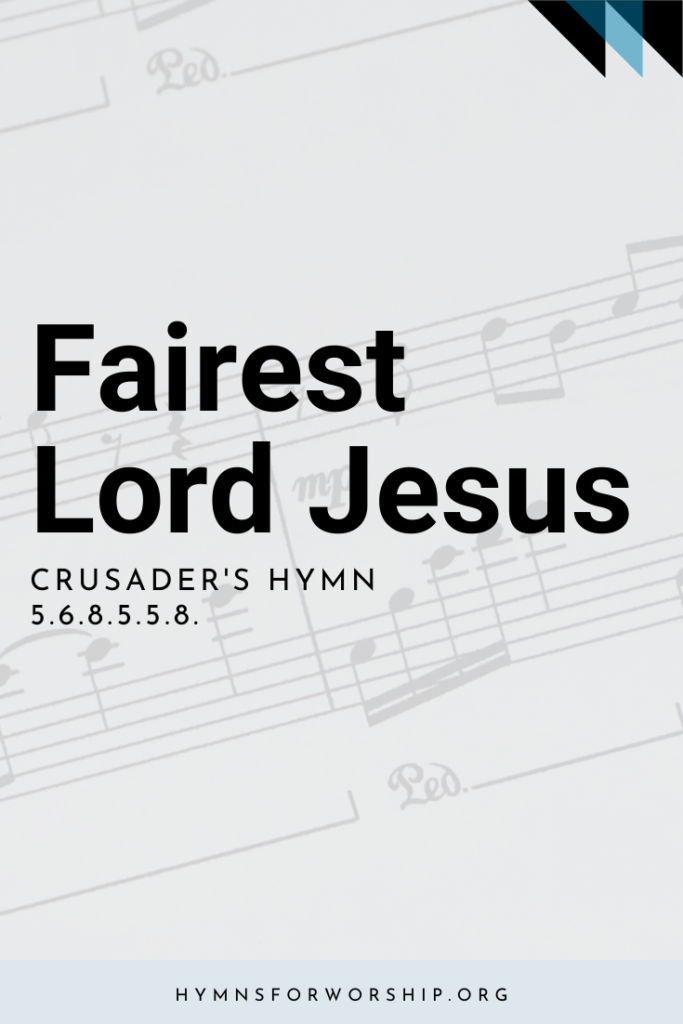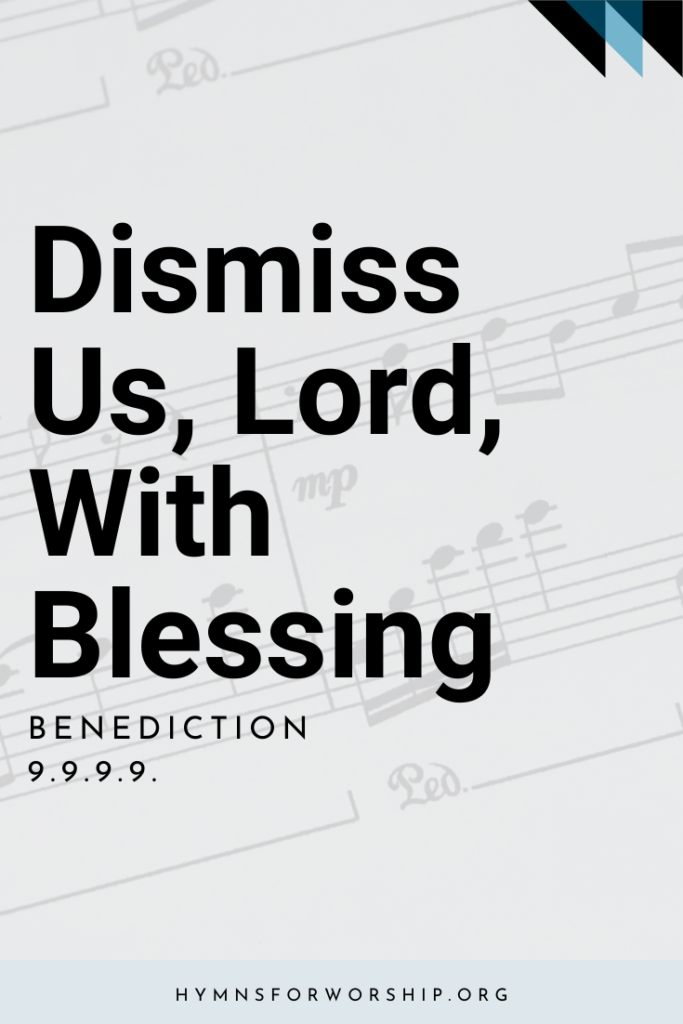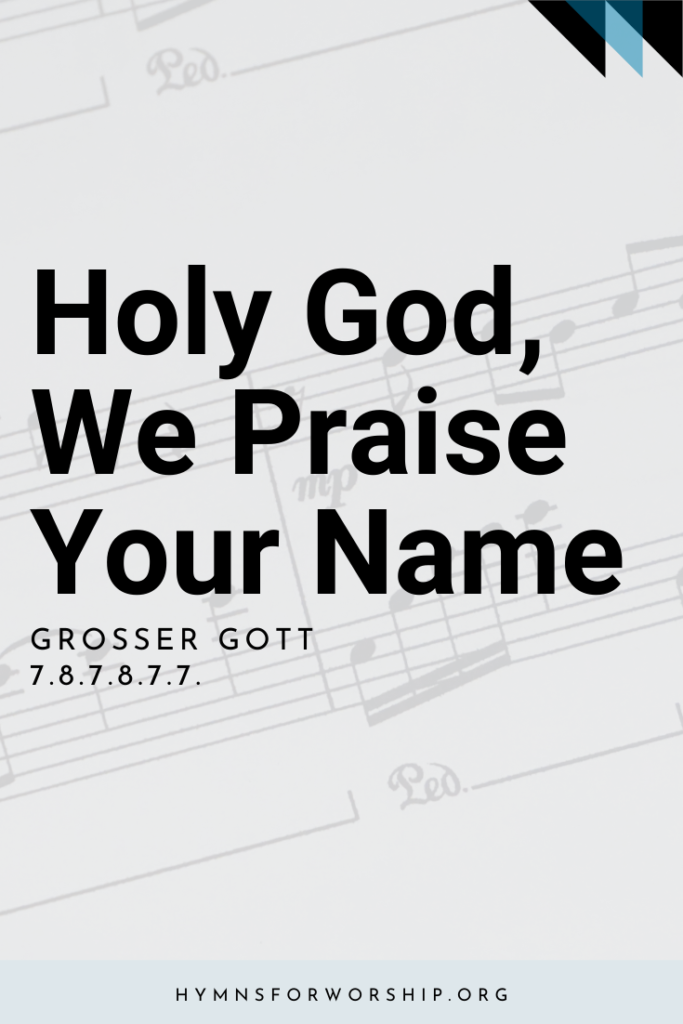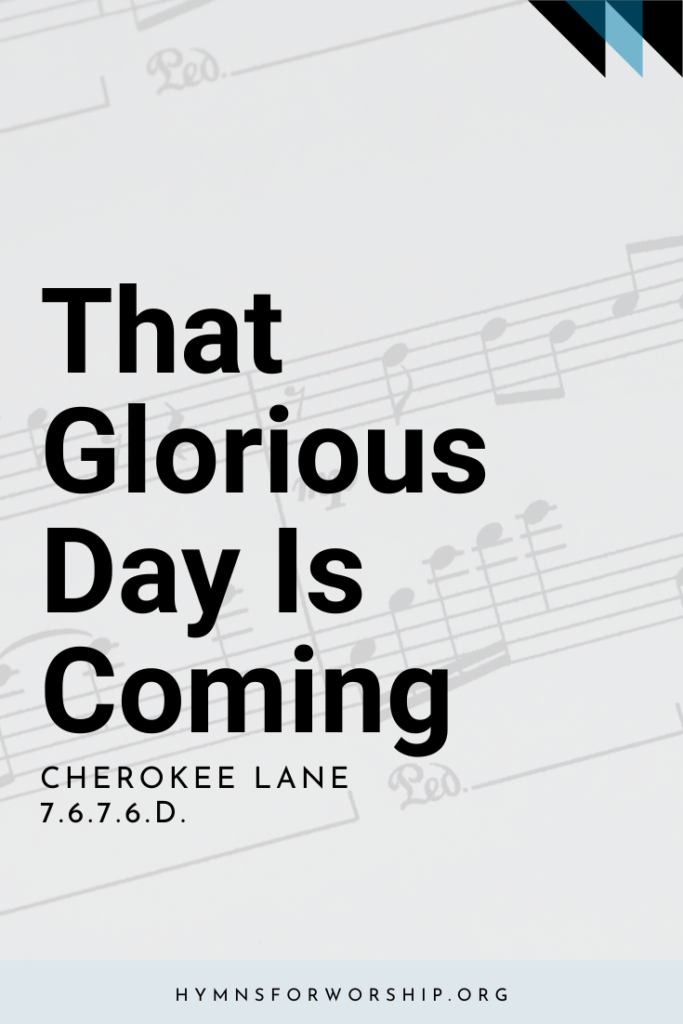GOD THE FATHER >> Majesty & Power of God
SDAH 82
Before Jehovah’s awful throne,
Ye nations, bow with sacred joy;
Know that the Lord is God alone;
He can create, and He destroy.
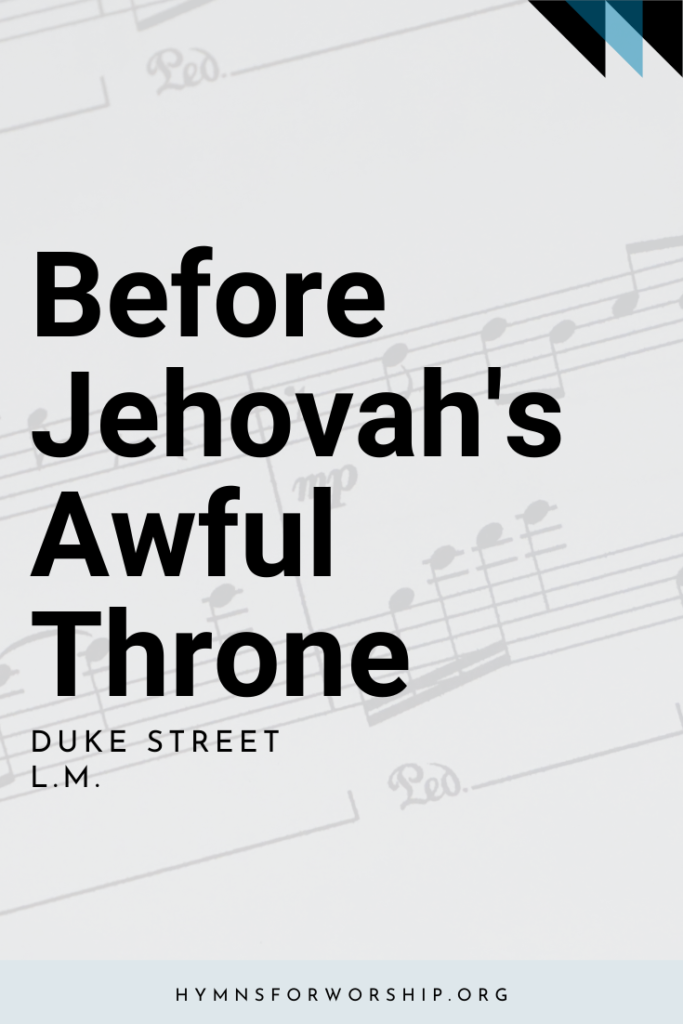
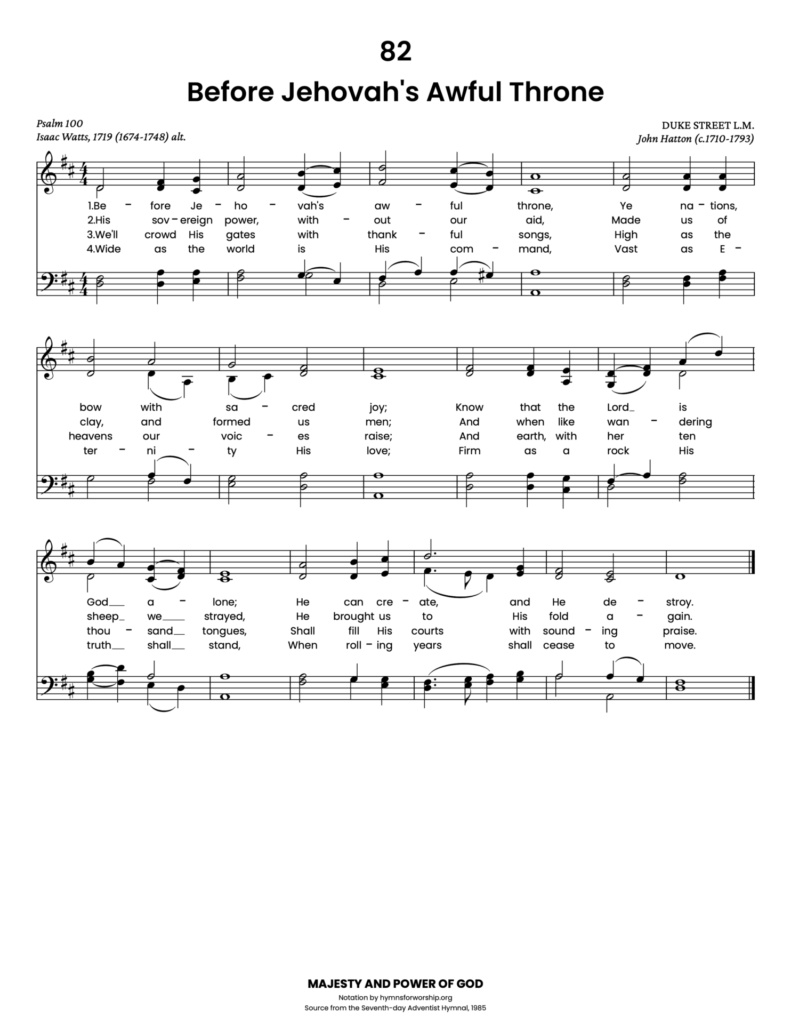
Get the hymn sheet in other keys here
For Worship Leaders
Make each hymn more meaningful with these helpful tools: Short, ready-to-use hymn introductions for church bulletins, multiple ways to introduce a hymn based on your worship theme and in-depth history and insights to enrich your song service.
Hymn Spotlight: Before Jehovah’s Awful Throne
Isaac Watts (1674–1748) revolutionized hymnody by paraphrasing psalms in a way that made them more meaningful for Christian worship. This hymn is his version of Psalm 100, emphasizing joyful praise before God’s throne. John Wesley made slight modifications to the text, including omitting a patriotic stanza and refining certain lines for clarity and devotion.
The tune DUKE STREET is attributed to John Hatton (c. 1710–1793), though little is known about him beyond his residence in Windle, England. This majestic melody, with its bold, stepwise motion, has become a favorite setting for hymns of praise. As we sing, may we lift our voices with joy, joining in the timeless call to worship the Lord with gladness.


Text
1
Before Jehovah’s awful throne,
Ye nations, bow with sacred joy;
Know that the Lord is God alone;
He can create, and He destroy.
2
His sovereign power, without our aid,
Made us of clay, and formed us men;
and when like wandering sheep we strayed,
He brought us to His fold again.
3
We’ll crowd His gates with thankful songs,
High as the heavens our voices raise;
And earth, with her ten thousand tongues,
Shall fill His courts with sounding praise.
4
Wide as the world is His command,
Vast as Eternity His love;
Firm as a rock His truth shall stand,
When rolling years shall cease to move.

Hymn Info
Biblical Reference
Ps 100:1-5
Author
Isaac Watts (1674-1748)
Year Published
1719
Hymn Tune
DUKE STREET
Metrical Number
L.M.
Composer
John Hatton (c. 1710-1793)
Alternate Harmony
SDAH 227
Theme
MAJESTY & POWER OF GOD

